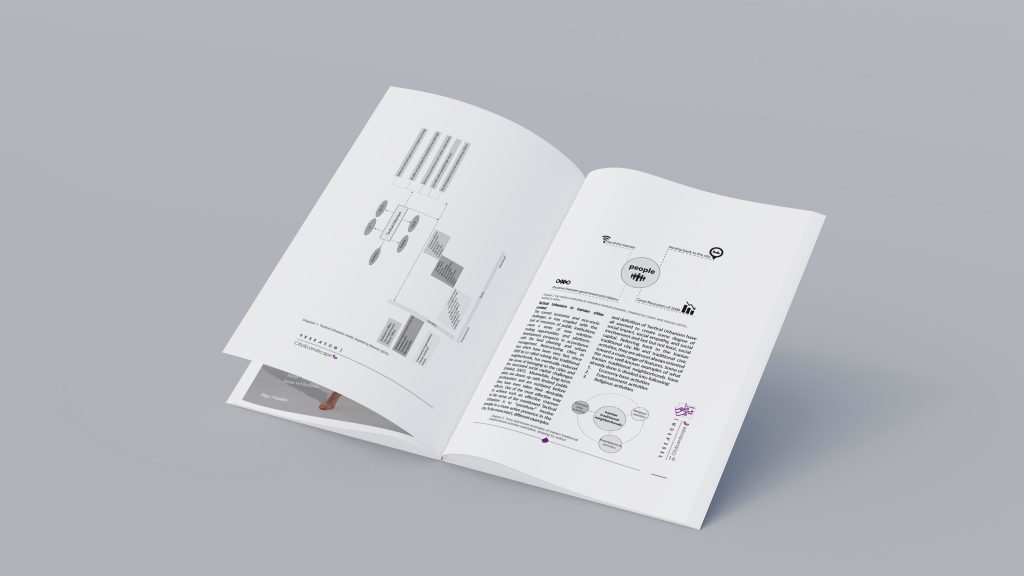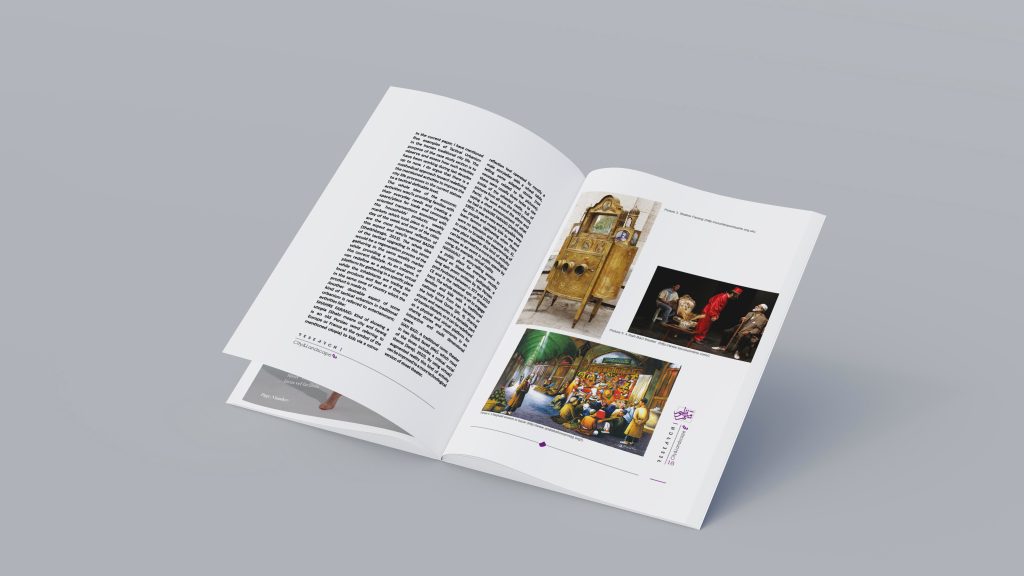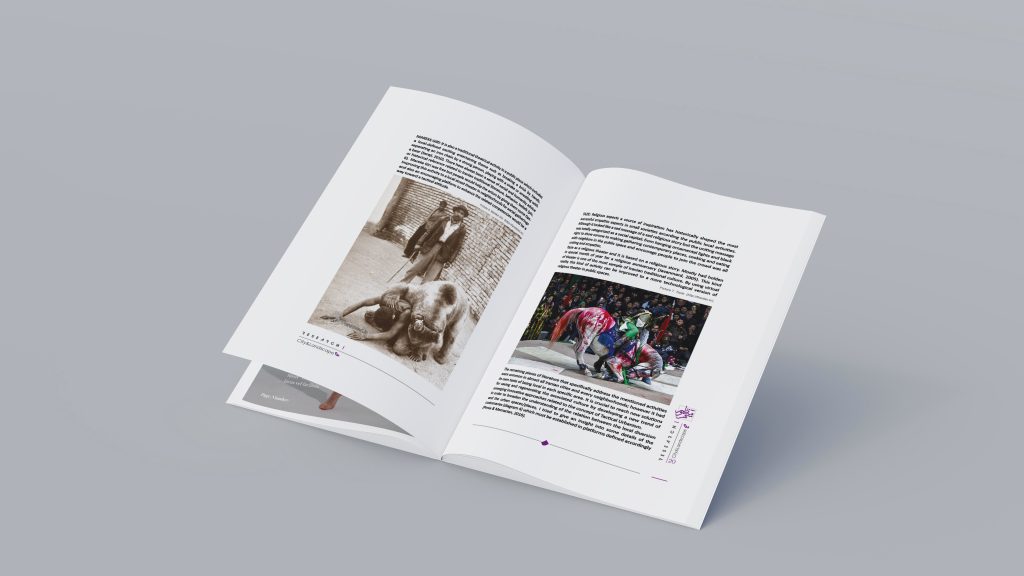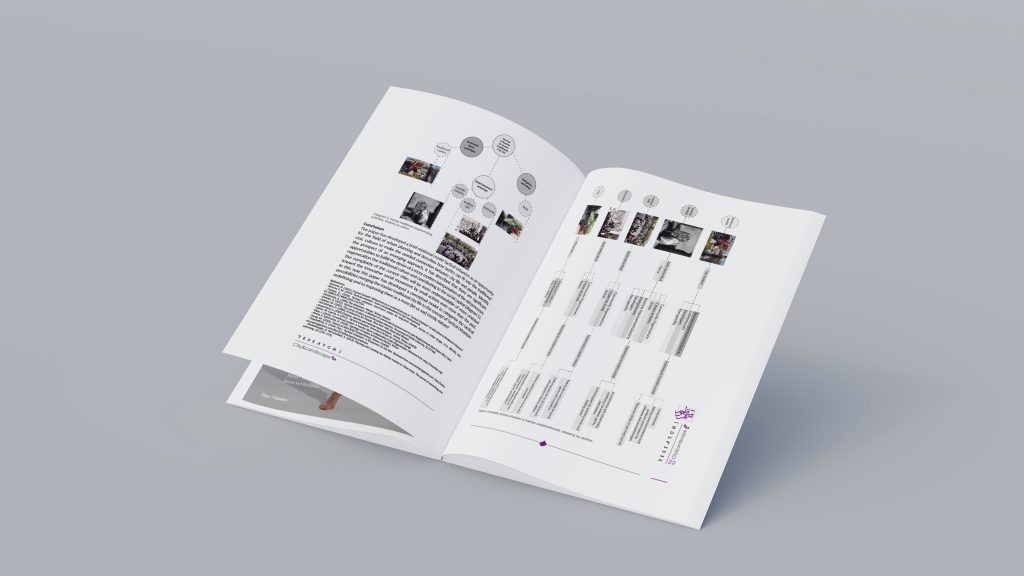The Sense of Tactical Urbanism in Iranian Traditional City Life*
Abstract: The main objective of this research is to approach the potential of tactical urbanism for reflection on the traditional urban spaces and its contribution to the promotion of city life of Iran. Based on literature review, this paper develops five main attitudes; the first one consists of the concept of tactical urbanism and the main characteristics associated with the approach. The second point analyzes the challenges that the current statues of society faces, which emphasizes the reduction of the sense of belonging to the cities and the associated responsibilities such as long-term plans from above to bottom strategic urbanism which are drawn up with limited public participation and are outdated before they have even taken their desirable role. The third part discusses the relevance of three type of activates in traditional methodologies encouraging the citizens to be more involved with the city, and how tactical interventions foster effective people empathy and social activities in the Iranian traditional culture. The fourth element reflects more specifically the historical cultural actions in old cities, highlighting the difficulties that the traditional approach to city life has shown in the response to the modern neighborhoods. The last part reflects the results and learning of the work carried out under the tactical urbanism model and a prospect pilot project implemented within improving a traditional culture to a smarter version which fills modern needs and lifestyle. Based on the model developed, it is concluded that in every society there must be some kind of culture-based activities related to city life and the experimental tactical approaches can be a useful tool for redefining them to a more interactive version to make the connection between citizens and city and increase the related sense of belonging and responsibility.




